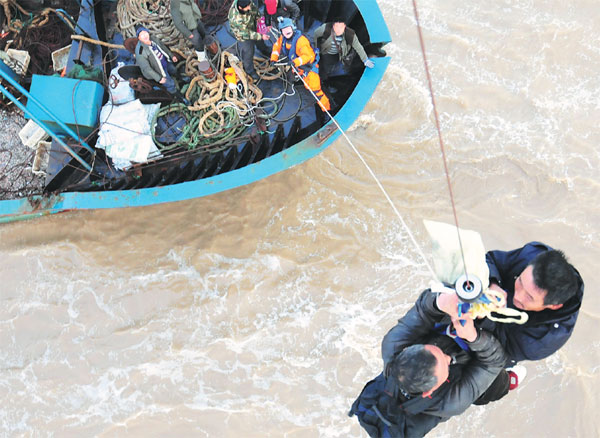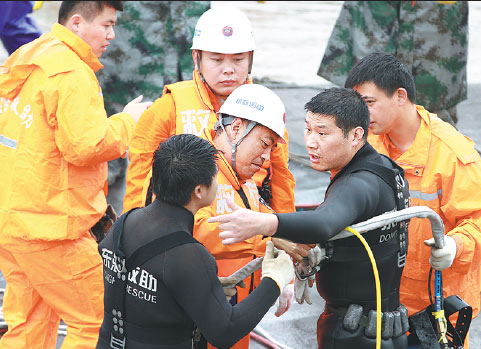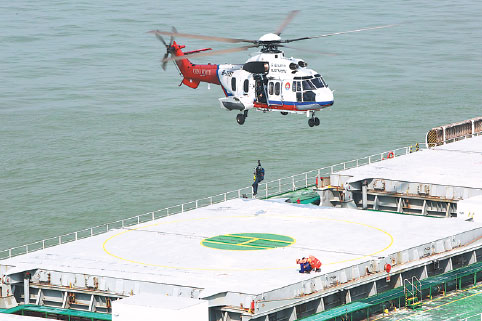Volunteers turn tide for stranded sailors
Updated: 2016-06-07 08:17
By Peng Yining(China Daily)
|
||||||||
The past decade has seen a steady rise in the number of unpaid search-and-rescue teams along China's coastline, providing a vital lifeline for vessels and mariners from all nations. Peng Yining reports.
In 1982, at the age of 15, Guo Wenbiao dived into a heavy sea and saved the life of his shipmate, an elderly fisherman who had fallen from the deck of their boat when it was hit by a large wave. That was the first of more than 700 lives Guo has saved as a fisherman and maritime rescue volunteer.
"I didn't have time to think of the danger," said the 49-year-old from Wenling city in Zhejiang province, East China. "If people fall into rough seas, they face certain death if help doesn't arrive promptly."
Founded by Guo in 2007, the Wenling maritime rescue team, a group of volunteers in the coastal city, comprises 14 people and six vessels.
"Fishermen are alone and vulnerable when they work on the ocean," Guo, the group's director, said. "We have to help one another."
In the past 10 years, the number of maritime rescue volunteers has grown rapidly, according to the China Maritime Search and Rescue Center. It has released a report showing that between 2003 and 2012, it organized more than 17,000 rescue missions involving more than 60,000 vessels, about 40,000 of them crewed by volunteers.
More than 80 voluntary maritime rescue groups work along China's coastline, and more than 5,000 volunteers, most of them fishermen, participate in the operations. If ships get into trouble in shallow, offshore waters that are unsuitable for large rescue vessels, local fishing boats can provide help more efficiently, Guo said.
His role as director of the local volunteer team means he carries his mobile phone wherever he goes, and even puts it next to the bed at night. "My mobile number is the 'life-saving number' for fishermen," he said. "We all have work to do and families to feed, but we are always ready to help."
Bravery awards
In 2011, Guo won the International Maritime Organization's award for Exceptional Bravery At Sea.
Having been cut by ropes, shells and debris during rescue missions, his hands are covered with scars. He is always prepared, and when storms occur or are forecast, he always sleeps fully clothed in case he is called in the middle of night.
Yin Jie, director of the emergency management office at the China Maritime Search and Rescue Center, said teams such as Guo's are vital lifelines for sailors.
"Volunteers are playing an increasingly important role in maritime rescue," he said.
According to Yin, the official search and rescue force is designed for large-scale missions in deep waters or rough seas. He used the center's rescue boat as an example, saying it has a draft of at least 5 meters, which means smaller fishing boats can provide help more promptly in shallow waters.
Even during large-scale missions, volunteers cooperate with the official forces because their boats are usually smaller and more maneuverable, which makes it easier to reach people in the water. In addition, compared with local fishing boats, the coast guard and other official vessels take longer to reach stranded boats.
"In the ocean, time is life," Yin said, adding that people can survive for one day when the water temperature is around 10 C, but when the temperature falls to zero, life expectancy is only about two hours.
Tang Wenlong, a 30-year-old fisherman from Shandong province, said the memory of waiting on a sinking boat still makes his flesh creep four years later.
"The water crept up to my waist, neck and chin; even before it had reached my nose, I couldn't breathe," he said. "We started to talk about our last wishes, in case any of us survived. Many spoke about their children. One man tucked a few 100 yuan ($15) bills into his underwear, saying his family would at least have some money if his body was recovered. I was thinking about my elderly parents, regretting I hadn't spent enough time with them."
Tang and his crewmates were saved by a nearby fishing boat that responded to their distress signal.
"I can't describe the happiness I felt when I saw them coming for us," he said. "I knew they would help. I would do the same for other people, too."
Repaying a debt
After being rescued by a local volunteer team, Lin Shaoguang, a fisherman from Guangdong province, decided to join them.
"The engine on our boat exploded and killed the helmsman, who was also my friend. We were tossed up and down in rough waves 10 nautical miles offshore. It was getting dark. The wind was blowing stronger and stronger. I was thinking about my 1-year-old daughter all the time I was making the SOS call," the 35-year-old said. "The volunteers in our village arrived in less than half an hour. We were shivering in the cold wind, and one of the volunteers put his coat on my back. I can't tell you how grateful I was at that moment."
Lin said the team displayed great courage because the windy conditions produced 40-meter-high waves that made it dangerous to sail at speed, especially as visibility was poor.
"They risked their lives to save ours," he said. "I wanted to pay them back."
Since he joined the team, Lin has saved more than 60 people on 20 vessels, and he has also retrieved the bodies of 20 drowned sailors.
The team had just five members when it was founded in 2007, but the number has now risen to 83. In the past decade, the team has rescued more than 300 people and towed 58 damaged vessels.
On March 10, the team cooperated with the Guangdong Maritime Rescue Center to rescue 14 fishermen marooned on an oyster boat whose engine had broken down.
Outstanding contributions
To encourage more people to volunteer, China's maritime administration launched awards in 2007, and every year a total of 8 million yuan is given to volunteers adjudged to have made an outstanding contribution to rescue efforts. The crews nominate themselves and if chosen they can receive as much as 40,000 yuan as a reward for their bravery.
Last year, the administration received more than 400 nominations, and 294 teams were honored, including the crew of a Chinese merchant ship, which altered course to provide assistance to a stranded Filipino fishing boat.
In addition to financial rewards, the administration also provides volunteers with essential equipment, including life jackets, flashlights and ropes. It also arranges two training sessions every year to teach the men how to perform basic first aid.
"Many people die of hypothermia. So the first thing to do after you pull someone out of the water is to keep them warm," said Yin, of the China Maritime Search and Rescue Center. "But many fishermen don't know this. We want to help them to be professional."
However, the high cost of providing their services is the biggest challenge for volunteers. Although, the local government provides Guo with an annual subsidy of 300,000 yuan, he has to use his own money to keep the team running. In 2014, it cost him more than 1.8 million yuan, mostly money he earned by fishing and running a small hostel.
"Sure, the financial pressure is huge, but I can't stop helping other fishermen. People's lives are more valuable than money," he said. "I believe they would do the same for me if I were in danger."
Contact the writer at pengyining@chinadaily.com.cn
Saving lives, winning friends
Between 2010 and last year, more than 10,000 emergencies occurred in the waters off the Chinese coast. More than 84,000 people were rescued - an average of 46 every day - along with 7,600 ships. The success rate was more than 96 percent.
In the past five years, the International Maritime Organization has honored Chinese sailors with 28 awards, including the top honor - for exceptional bravery at sea - seven certificates of commendation and 20 letters of commendation.
In 2013, when Typhoon Hudie, the Chinese word for butterfly, swept across the South China Sea, the China Maritime Search and Rescue Center searched more than 37,000 square kilometers and rescued 637 sailors, most of them fishermen - the largest number of lives saved in any single operation in the last five years.
In 2014, China sent 19 ships, eight helicopters and five planes on a six-month search for the missing airliner MH370, which was carrying 154 Chinese nationals. More than 100 Chinese cargo vessels also participated in the search, which covered 1.4 million square kilometers of ocean. Despite the search, the jet has still not been found.
In the past five years, the Finance Ministry has spent nearly 7 billion yuan ($1.1 billion) on maritime rescue missions and on building up the system. The search and rescue center now has 200 vessels designed specifically for its missions.
SOURCE: THE CHINA MARITIME SEARCH AND RESCUE CENTER
|
Fishermen are winched from the waters by the Beihai Flying Rescue Service on Nov 18, after their boat Lushouyu 60909 was damaged in bad weather in the waters off Dongying Port in Shandong province.Photos Provided To China Daily |
|
A diver (right) exchanges information with a colleague after an underwater search for survivors of Dongfangzhixing (The Eastern Star), which capsized on the Yangtze River in June last year. |
|
Rescue staff from Guangdong, Hong Kong and Macao join forces in a drill at the mouth of the Pearl River. |
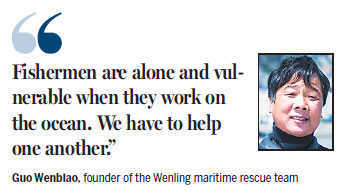
(China Daily 06/07/2016 page6)
- Hugs, anxious parents, high-tech security: China's college entrance exam starts
- Xi eyes key exchanges with Obama
- Big cities show more tolerance toward LGBT cultures
- 1,000-year-old agricultural practice, China's solution to sustainable farming
- Volunteers turn tide for stranded sailors
- Gaokao cheaters face dire consequences
- Suspected IS terrorists arrested in Germany
- Japanese boy abandoned by parents in Hokkaido forest found alive
- China to build Africa's biggest university library
- 'Kill list' found in UCLA campus shooter's residence: Police
- Swiss declare Alps tamed as Gotthard rail tunnel opens
- China urges Japan to properly settle Chinese forced laborers issue
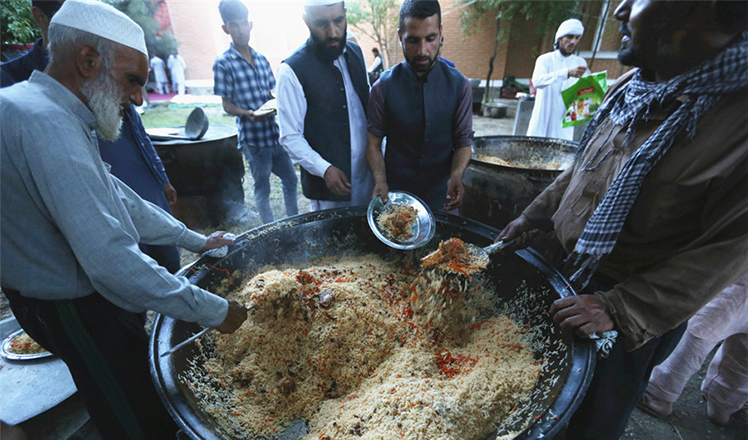
 Popular foods to break fast during holy month of Ramadan
Popular foods to break fast during holy month of Ramadan
 Top 10 biggest brands in Asia listed in media report
Top 10 biggest brands in Asia listed in media report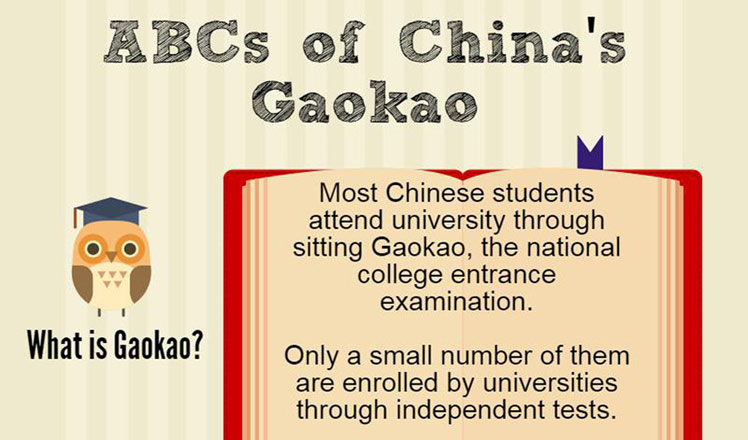
 Things you need to know about China's gaokao
Things you need to know about China's gaokao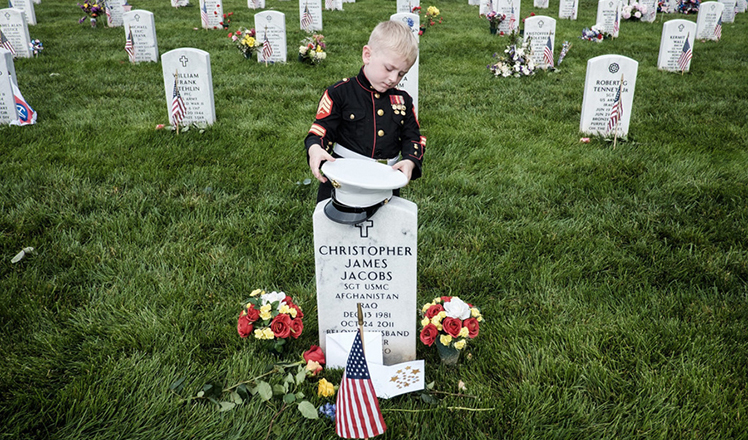
 The world's most striking images: May 30 - June 5
The world's most striking images: May 30 - June 5
 Djokovic conquers Roland Garros to join tennis pantheon
Djokovic conquers Roland Garros to join tennis pantheon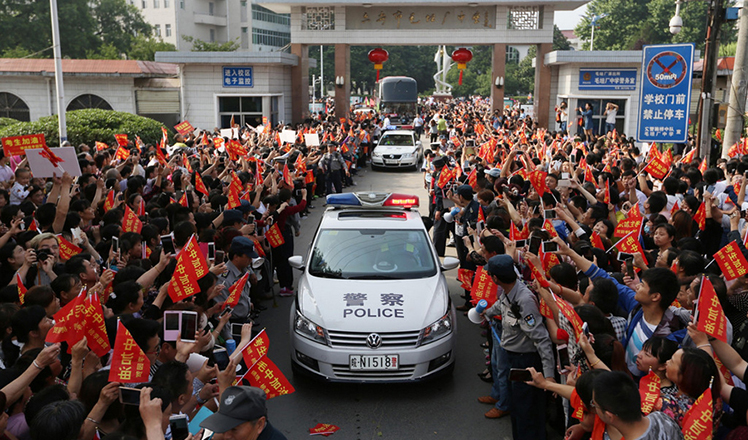
 Students receive gaokao cheers in east China
Students receive gaokao cheers in east China
 Students use creative ways to relieve gaokao stress
Students use creative ways to relieve gaokao stress
 Frederik the Great: Is it a horse or a stunning statue?
Frederik the Great: Is it a horse or a stunning statue?
Most Viewed
Editor's Picks

|

|

|

|

|

|
Today's Top News
Abe's blame game reveals his policies failing to get results
Ending wildlife trafficking must be policy priority in Asia
Effects of supply-side reform take time to be seen
Chinese State Councilor Yang Jiechi to meet Kerry
Chinese stocks surge on back of MSCI rumors
Liang avoids jail in shooting death
China's finance minister addresses ratings downgrade
Duke alumni visit Chinese Embassy
US Weekly

|

|
